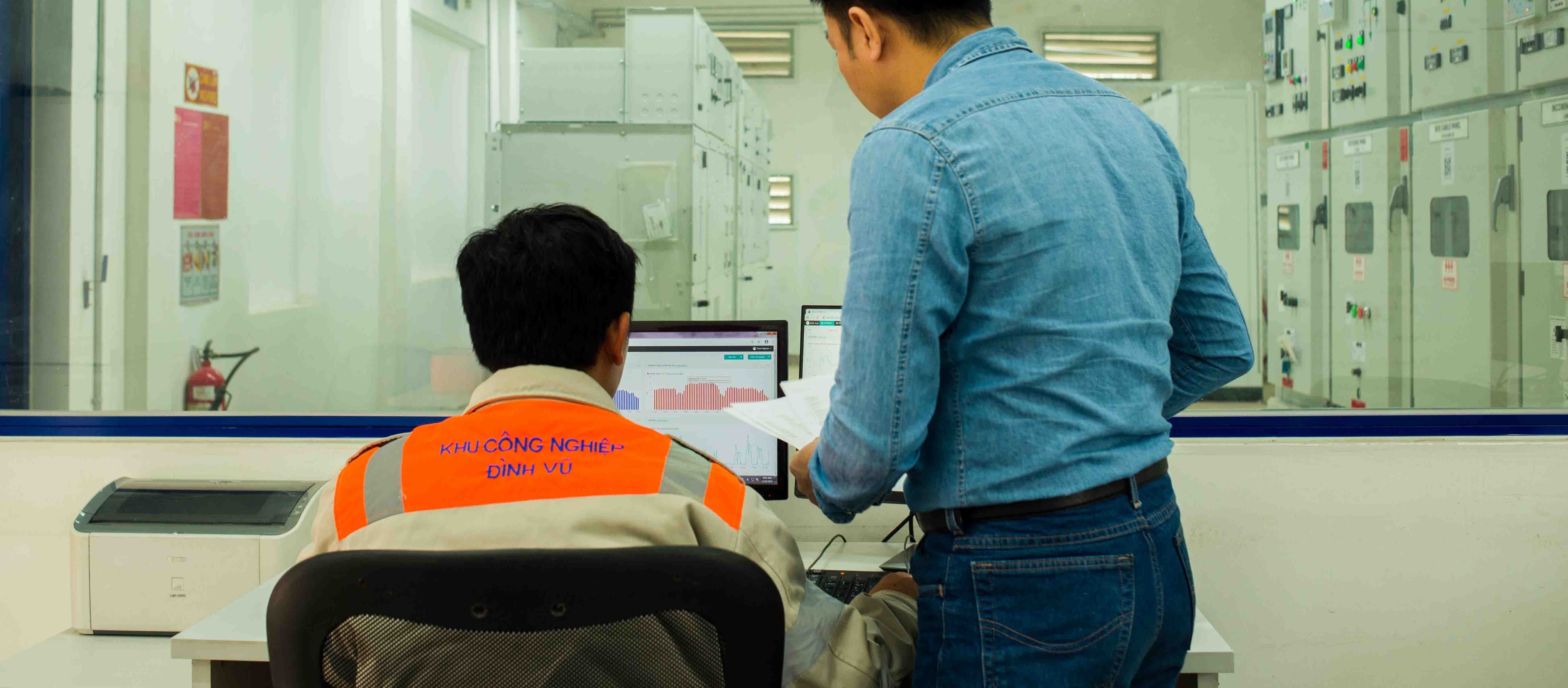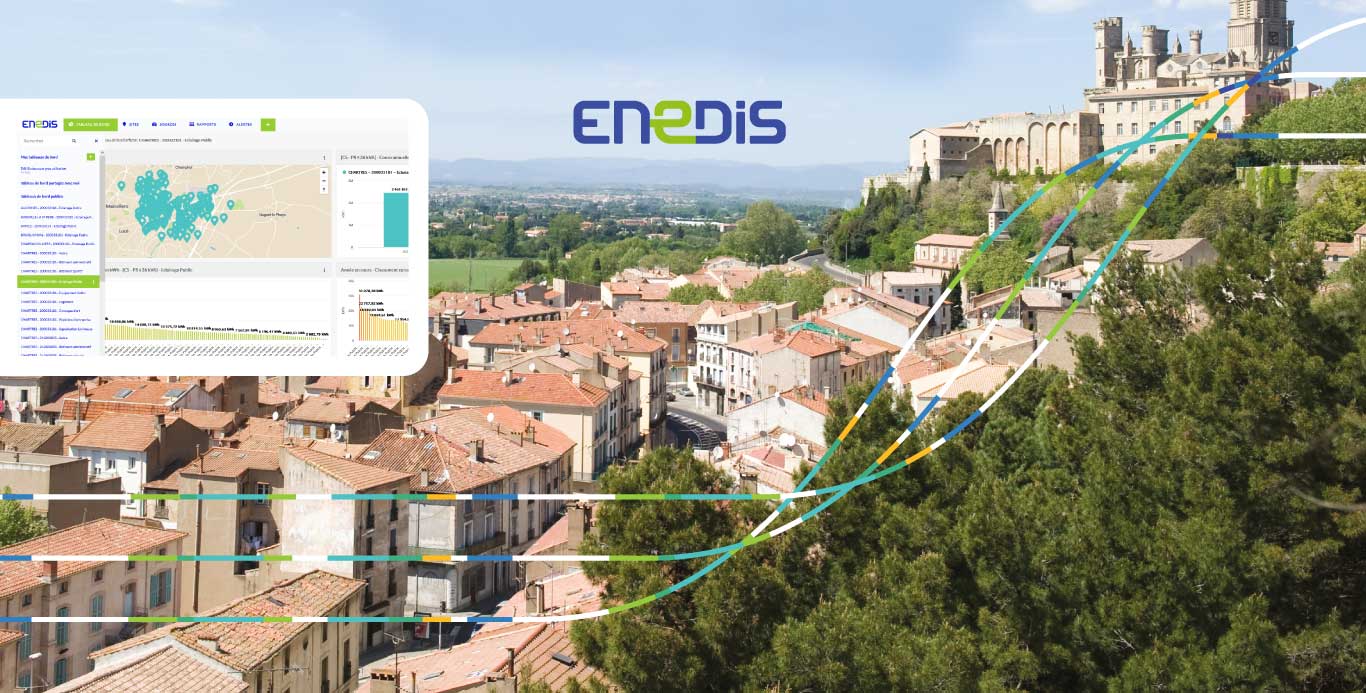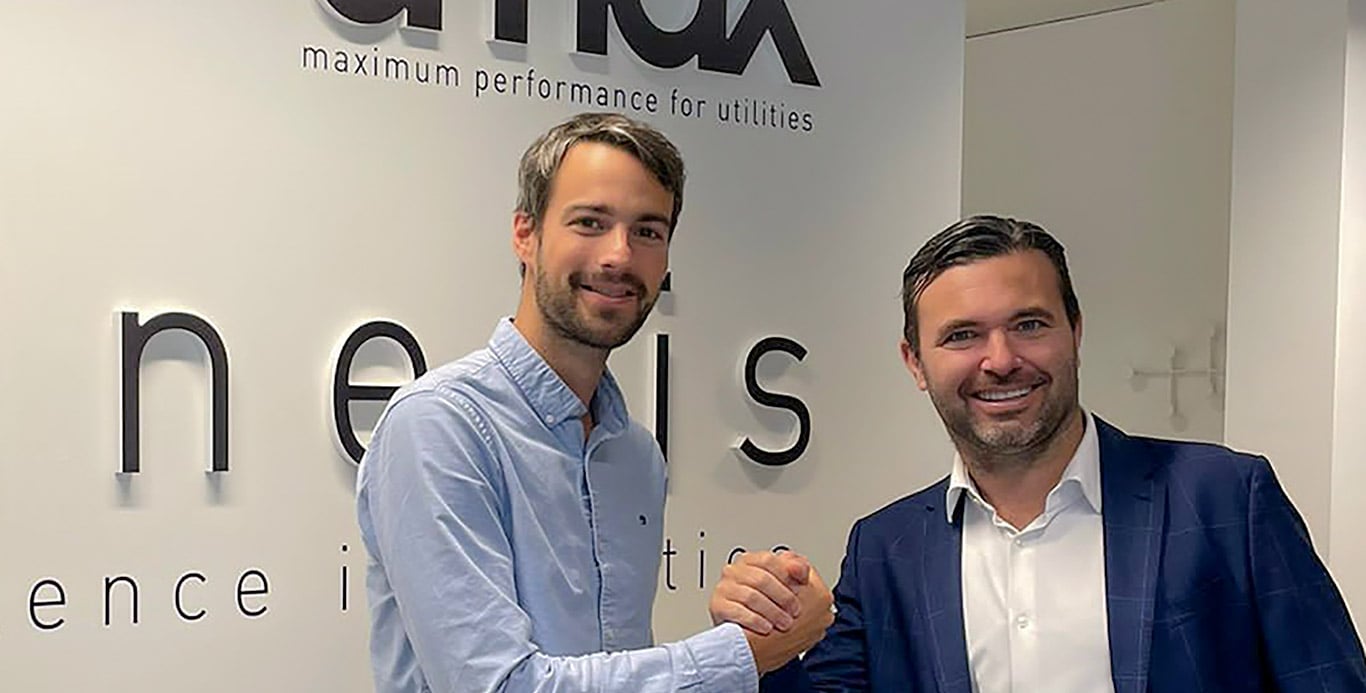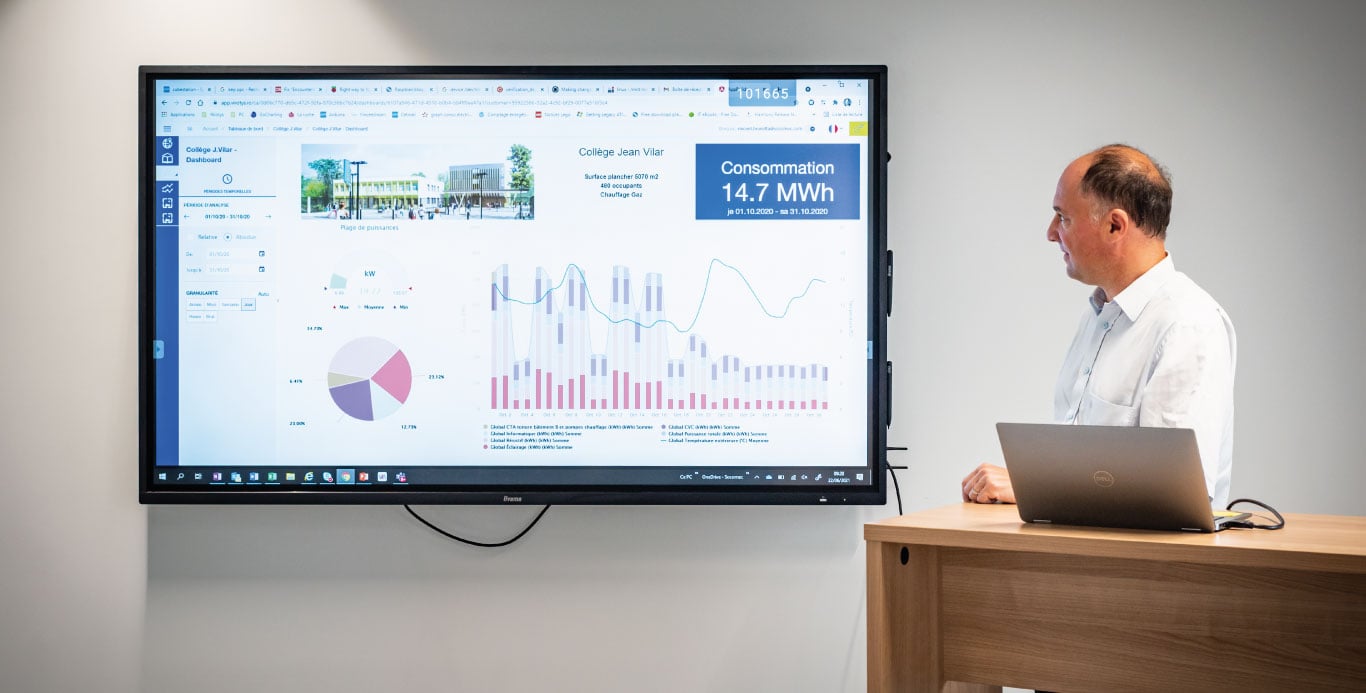On the other side of the world, Opinum energy and environmental management technology has made it possible to achieve what was never done before in this country: monitoring the supply and energy management of an industrial zone via a low-power wide-area network (LPWAN) technology.
The estate is located in Hai Phong city and Quang Ninh province, the fastest-growing region of Vietnam and the centre of industrial and infrastructure development of north Vietnam.
Located at 100 kilometers from Hanoi, nestled in the Red River Delta, this region is home to both the main seaport of the northern country and a growing number of companies and industries of all kinds - chemical and petrochemical, electronics, automotive, pharmaceutical, logistics, assembly...
Learn More About Opinum Data Hub
This is where the Belgian/Vietnamese group DEEP C Industrial Zones, a developer specialised in construction and operation of industrial infrastructure, operates.
DEEP C provides a large portfolio of services to ensure the accessibility and operability of the zoning it manages: road construction, land reclamation, development of energy and water supply infrastructures, port operations, marketing, security, facility services, wastewater treatment, etc
The vast site that the group operates consists of three industrial zones in Haiphong and two others in Quang Ninh, covering over 3,300 hectares overall. The scale of the area is one of the reasons DEEP C started looking for a solution to automate the collection and analysis of energy and environmental data of the infrastructure it operates.
"A large part of our activities, which are particularly diverse, were still carried out manually. They were demanding in terms of human resources." explains Niels Hubert, COO of DEEP C Green Energy, one of the group's entities.
"Since we were operating on a large area, we needed an automation solution to collect information to better organize our own activities. We looked into several types of technologies and ended up opting for LoRaWAN (Low-Power, Wide Area Network) technology. Its advantage is to allow the remote collection of large amounts of data and low cost information transfers in areas where availability of power supply sources and communication network coverage are not optimal. We also needed a solution to process this data in the most practical way possible. This is how we started working with Opinum, a company that, just like us, focuses on energy services and environmental impact."
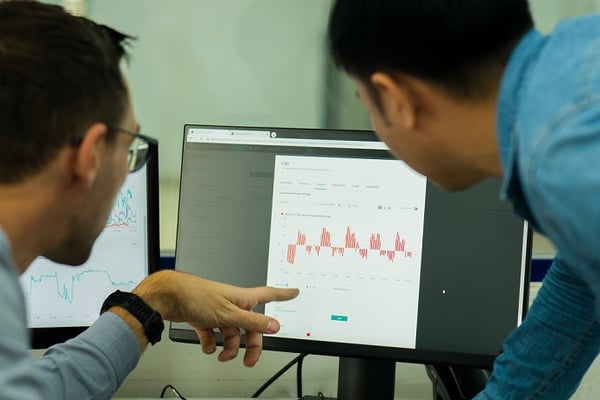
A FIRST PROJECT
DEEP C rolled out a first project, deploying sensors and automatically collecting power consumption information in one of the group's six industrial zones near Hai Phong.
"Our first need was to better understand how our electrical distribution services work. We need to collect more data regarding our customers consumption, currently about 100 of them, and the necessary capacities. We already had installed smart meters for all our clients, we only had to set up a communication network and software to extract and process the data.
It is at this stage that we turned to Actility and its ThingsPark Enterprise solution to ensure a stable and secure communication over the LoRaWAN network from the sensors to the servers and Opinum for data analysis and insights.
It should be noted that the deployment of a remote energy data collection solution, via LoRaWAN connections, was a first in Vietnam. This was one of the first obstacles to be overcome in a country with strict control over communications.
DEEP C therefore partnered with a local system integrator, namely the Vietnamese subsidiary of the Japanese operator KDDI.
Power consumption data are collected every 30 minutes. Whatever the activities of industrial customers, the Opinum Data Hub solution collects and centralizes a fixed set of variables: voltage, capacity, consumption.
The data and their analysis by the Opinum Data Hub solution serve two purposes: on one hand, precise and transparent data collection of customer’s consumption profile and, on the other hand, more efficient and precise management of the DEEP C energy grid.
FLEXIBILITY AS THE FIRST ARGUMENT
"There are two main reasons why we chose the Opinum solution," stresses Niels Hubert. "The first is the simplicity and clarity of the interface. The intuitivity of the interface allows us to quickly on-board new users with various user profiles with minimal training. As we are operating several thousands of kilometers away from Opinum, intuitivity and clarity is important as we do not have to depend on a face-to-face relationship with the software provider in order to have a good understanding of the software’s functionalities.
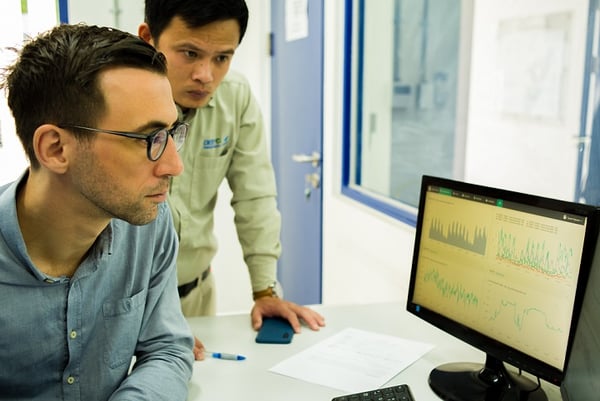
The other reason is the advantage of flexibility. "Changes can easily be made. This is very important for us as we want to be able to operate autonomously, without having to depend too much on our software provider, for instance when we install new sensors, when we need to connect a new client or when we deploy new services. We will be able to do it ourselves.
We work in a rapid growing and changing environment, the flexibility ensures that we can adapt quickly to changes in order toa always be working with an up to date software environment: correct dashboards, new or updated reports…”
Changes can easily be made in Opinum Data Hub, for example adapting and developing new reports, designing dashboards, and adding sensors. - Niels Hubert
FUTURE PERSPECTIVE
The first project, involving the deployment of around 100 sensors on an equal number of locations, will validate the efficiency, accuracy and reliability of the solution. Based on the results and lessons learned, a roll-out to all six areas managed by DEEP C will take place within a few months. The number of sensors will then increase gradually to several thousands.
The data processed by the Opinum solution will eventually be used for purposes other than accurate customer profiling and increasing understanding of power grid optimization.
"The data, now available in real time and in large quantities, will allow us to better plan our maintenance interventions," explains Niels Hubert. "In the past, interventions had to be made in a preventive or reactive manner. In 2020, we will be able to implement predictive maintenance programs, based on trends, and anticipate actions to be taken. This would automate and complete the loop - detecting threshold overruns and automatically generate work orders. To do this, we will make use of the more advanced functionalities available in Opinum.”
In addition, some customers have already expressed an interest in being able to access certain consumption data. So far DEEP C has not yet granted their request. "First we want to check that the solution is stable and works perfectly. But in the future, it could clearly become an additional service that we would offer to our customers, to meet their specific needs."
DEEP C energy services are constantly evolving. Through its DEEP C Green Energy entity, the group manages a connected local electricity grid ("microgrid"). A diversification of supply sources is underway, via the deployment in 2020 of renewable energy capture systems (wind turbines and photovoltaic panels installed on the roofs of factories and companies)
The group also intends to expand the type of data collected in order to extend Opinum Data Hub analytical capacity to its water distribution activities — DEEP C Blue entity — and its facility management entity – DEEP C Park Operations. These other entities will be able to economically equip their respective infrastructures thanks to the availability of the already deployed private LPWAN network within the industrial zone.
To learn more about Opinum Data Hub and all the possibilities it offers, check out our website page. If you’re interested in testing out our platform, click here for a free trial.
Read also:
De Watergroep prepares the deployment of smart meters with Opinum


